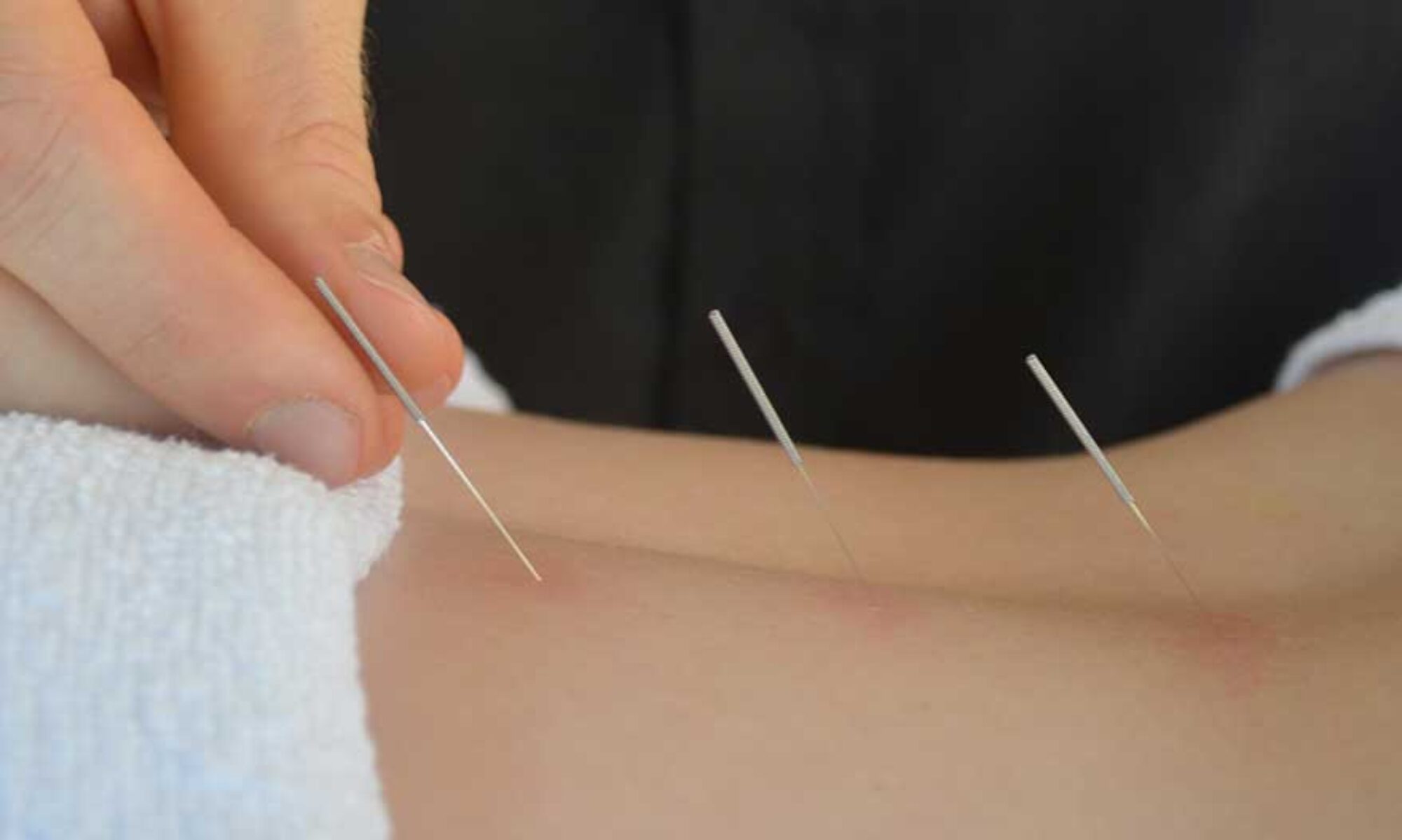Gold Coast Mobile Acupuncture
Migraine is a condition that involves recurrent headaches which can result in attacks that last 4 – 72 hours. The headaches involved in a migraine attack usually include unilateral location, pulsating quality, moderate to severe intensity, can be made worse by physical activity and can also be associated with nausea and/or photophobia (sensitivity to light) or phonophobia (sensitivity to loud noises).
The intense pain that headache and migraine suffers endure can be quite debilitating and can impact every aspect of their life. Acupuncture has been used for thousands of years to give quite significant pain relief. This relief is achieved without the side effects that come with prescription and over-the-counter drugs.
Since the early seventies, there have been many studies conducted around the world showing the effectiveness of acupuncture in the treatment of migraines and headaches1.
Recent studies have further supported the role of acupuncture to not only be effective in relieving pain of a migraine attack, but is also to be effective in preventing future attacks2,3. There is also growing evidence that acupuncture is as effective as many of the standard pharmaceutical agents and with fewer side effects4. A Cochrane database systematic review of the effectiveness of acupuncture for migraine prophylaxis (treatment to prevent attacks), concluded that acupuncture is an effective treatment for the prohylaxis of migraines5.
Another Cochrane systematic review, this time looking at tension-type headaches, found acupuncture to be significantly superior to both routine care and sham acupuncture in reducing the frequency and severity of the headaches6.
In addition to these reviews, there have been many quality randomised controlled trials (RCTs) that have found favourable effects of acupuncture in the treatment of migraines and headaches. Acupuncture has been shown to be effective in reducing the use of medication for acute migraine attacks7,8. Another recent RCT found acupuncture to be more effective than medical prophylaxis in moderate to severe headaches9.
If you or someone you know suffer from migraines or headaches, get them in to an acupuncturist to get it treated.
References
- Zhang, X. T., Li, X. Y., Zhao, C., Hu, Y. Y., Lin, Y. Y., Chen, H. Q., … & Tian, G. H. (2019). An Overview of Systematic Reviews of Randomized Controlled Trials on Acupuncture Treating Migraine. Pain Research and Management, 2019.
- Linde K, Allais G, Brinkhaus B, Manheimer E, Vickers A & White A 2009. ‘Acupuncture for migraine prophylaxis’. Cochrane Database Systematic Review.
- Remy R, Coeytaux M & Befus D 2016. ‘Role of Acupuncture in the Treatment or Prevention of Migraine, Tension-Type Headache, or Chronic Headache Disorders’. The Journal of Head & Face Pain.
- Zhang, N., Houle, T., Hindiyeh, N., & Aurora, S. K. (2019). Systematic Review: Acupuncture vs Standard Pharmacological Therapy for Migraine Prevention. Headache: The Journal of Head and Face Pain.
- Linde K, Allais G, Brinkhaus B, Fei Y, Mehring M, Vertosick E, Vickers A & White A 2016. ‘Acupuncture for the pre-vention of episodic migraine’. Cochrane Database Systematic Review.
- Linde K, Allais G, Brinkhaus B, Fei Y, Mehring M, Shin B, Vickers A & White A 2016. ‘Acupuncture for the pre-vention of tension- type headache’. Cochrane Database Systematic Review. doi:10.1002/14651858.CD007587.
- Wang L, Zhang X, Guo J, Liu H, Zhang Y, Liu C, Yi J, Wang L, Zhao J & Li S 2012. ‘Efficacy of acupuncture for acute migraine attack: A multicenter single blinded, randomized controlled trial’. Pain Medicine.
- Li Y, Liang F, Yang X, et al. Acupuncture for treating acute attacks of migraine: A randomized controlled trial. Headache. doi: 10.1111/j.
- Yang C, Chang M, Liu P, Li T, Hsieh C, Hwang K & Chang H 2011. ‘Acupuncture versus topira-mate in chronic migraine prophylaxis: A randomized clinical trial’. doi: 10.1177/0333102411420585.


